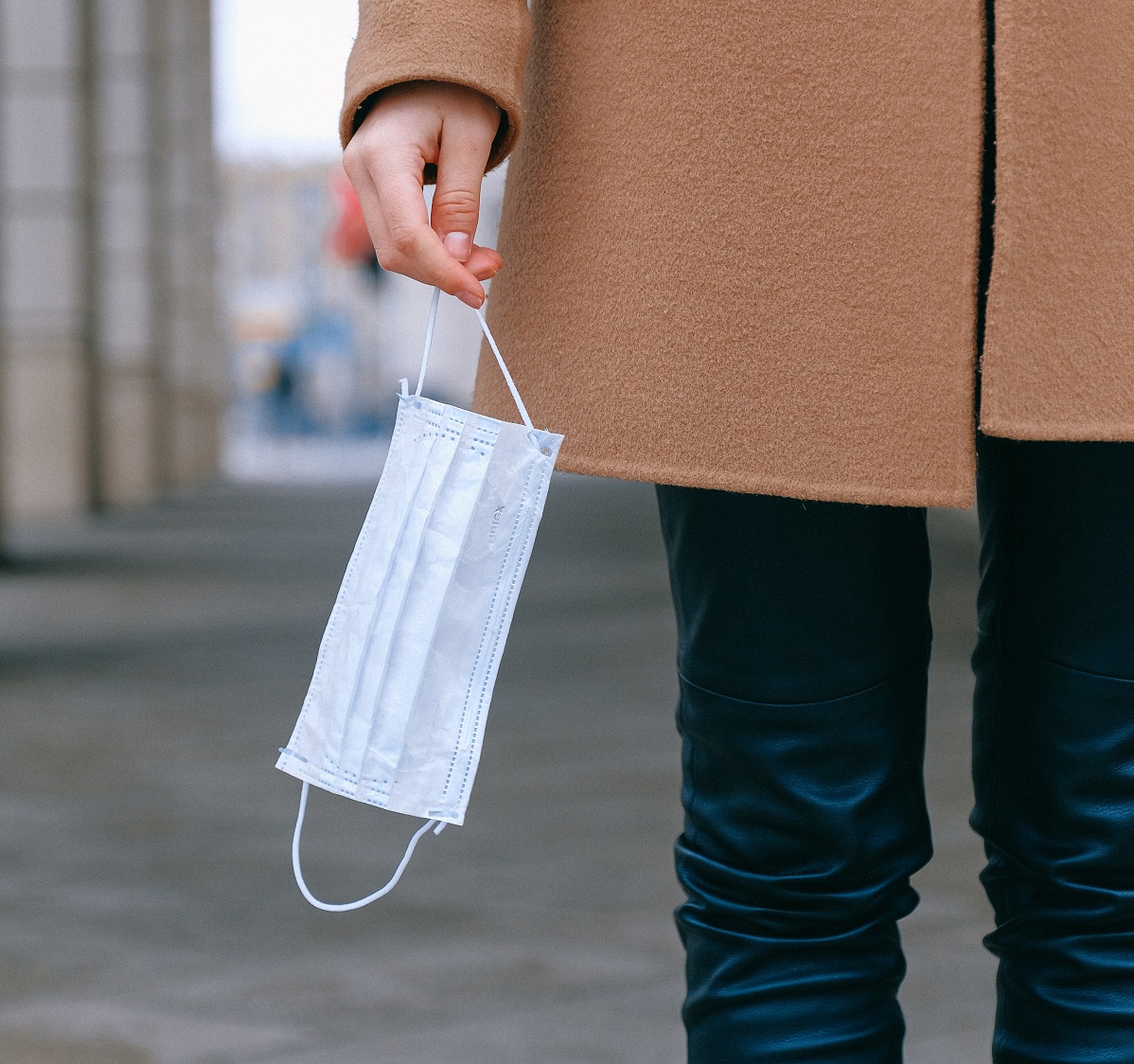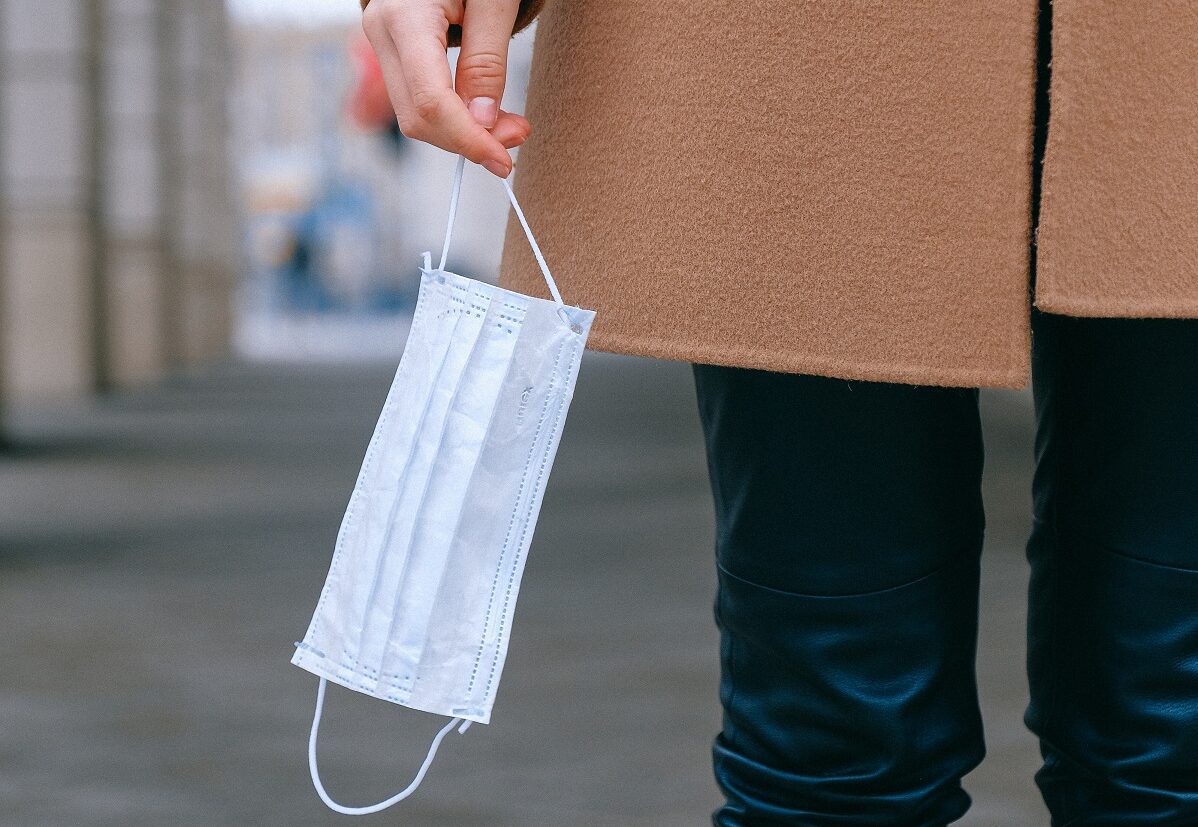
Millennial Working Parents and the Impact of Covid-19, written by Kristen N. Hubbard.
According to a poll by YouGov, a lot of Americans think 2020 was terrible. And why wouldn’t they? The murders of George Floyd and Breonna Taylor at the hands of the police. White supremacy invading mainstream politics. Round after round of climate change-induced natural disasters. And now that 2020 is over, Americans are facing an economic downturn not seen since The Great Depression. Job prospects for millennials were already low after The Great Recession of 2008. That reality has worsened because of Covid-19 induced business closures and layoffs. Many of 2020’s issues can be linked back to Coronavirus. Among the millennial demographic, some suffered the impact of Covid-19 while already enduring increased stress. Millennial parents.
Millennial Working Parents and the Impact of Covid-19
In 2016, Pew Research found that millennial moms counted for 82% of all births. According to Business Insider, older millennials were harder hit by The Great Recession. Millennials are also bogged down with student loan debt, and many find themselves having to live with their parents, in large part due to soaring housing costs. The Bank of America found that 59% of Millennial parents underestimated the cost of raising children, and 48% believe raising children limits them financially. Considering the myriad of obstacles millennials as a demographic were already facing, a question arises of how exactly Covid-19 impacted millennial parents. Discerning what 2020 might have done to millennial parents depends upon examining their experiences during that period.
Impact of Covid-19: Spending
Talking about 2020 and its impact on millennial parents necessitates talking about the Coronavirus. Covid-19 was and still is one of the biggest disasters facing the modern world. In the United States alone, Covid-19 has taken the lives of over 473,699 people to date. According to Edward Jones, 32% of millennial participants say that the pandemic has negatively impacted their financial futures. Millennials possess a Depression Era mindset left over from The Great Recession, making them prone to frugality. Non-essential businesses like nail and hair salons have suffered much because of Covid-19. With money being such an issue for millennials, there is a good chance that millennial parents will forego services like these almost entirely in the future and maintain their hair and nails themselves.
Other struggling non-essential businesses might continue to see significant losses. Movie theaters are floundering. Middle ground retailers are filing for bankruptcy, and hundreds of restaurants across the U.S have permanently closed. In the face of growing economic inequality, these industries may never look the same as millennial parents decide to pinch every penny. The impact of Covid-19 on finances could be exponential. Millennials came of age during The Great Recession and learned to save their money aggressively. Chances are, the children of millennial parents will learn to do the same.
Impact of Covid-19: Healthcare
Of course, the impact of Covid-19 reaches far beyond money. It’s a matter of life and death. Millennial parents’ future attitudes about healthcare are likely to change as a result. In 2010 Pew Research found that less than 47% of millennials favored the healthcare proposals that Congress discussed during the Obama administration. Then Covid-19 happened, and healthcare is back at the forefront of political discussion. So much so that it was a topic for the debates of the last presidential election.
Millennial parents’ health concerns go beyond Covid-19. Millennials are in poor health, physically and mentally. They suffer more from chronic illness, their mental state is worse than their predecessors, and they are likely to live shorter lives. They are also set to become the largest generation in America. With this in mind, it stands to reason that millennial parents will vote with their health and the health of their children in mind as they get older. This could mean an outpouring of millennial voters not seen since Obama was elected.
Impact of Covid-19: Gender Inequality
Quarantine has helped prove that women are still taking on most of the housework. In 2008, a Gallup poll demonstrated that traditional gender roles were still widely upheld, even by couples younger than 50. Another Gallup poll from 2020 proves that the trend held steady. Amid Coronavirus, a study conducted by The Morning Consult for The New York Times found that men believe that they are doing more homeschooling and housework than they are. 70% of Women participants in The Morning Consult study said they were mostly responsible for the housework, and 66% said the same for childcare. This stands in stark contrast to the 45% of men from that study who believe that those responsibilities fall to them.
In the future, millennial moms in opposite-sex relationships might lobby hard to have greater job security to avoid circumstances like these. Millennial moms, having endured a spouse who won’t pick up the slack, might also decide to change their living situation drastically. Marriages can end because of the unequal distribution of housework. If current trends are maintained, divorce rates might rise even more than they already have.
Further Gender Inequality
According to the BLS, women accounted for all the jobs lost in America in December of 2020. By October of that same year, 2.2 million jobs belonging to women in America had been lost. The blow to women’s participation in the labor force is a major step backward. Covid-19 forced many women with children even further into traditional gender roles that have never truly gone away. The future for millennial moms, if and when they try to rejoin the workforce, looks even bleaker than it does for millennials as a whole. Many moms work part-time or hospitality jobs to have time for their children. Covid-19 decimated those jobs. Of course, millennial moms might also find it hard to return to work, considering the childcare industry has been devastated. One of the major reasons many women became primary caregivers during Covid-19.
The Future
The Great Depression brought lasting changes to the face of this nation. Likewise, Covid-19 and the resulting economic downturn have caused massive upheaval. A vast number of women have lost their place in the job market. Businesses of all kinds have suffered tremendous losses and, in some cases, irrevocable damage. Healthcare is a hot topic again, thanks to the massive loss of life in the U.S alone. An increased number of divorces may well be on the way as millennial moms realize that their male partners are not pulling their weight at home. In short, these are the impact of Covid-19 on Millennial Working Parents. No one can know the future, but it’s safe to assume that Covid-19 has left a lasting impact.

